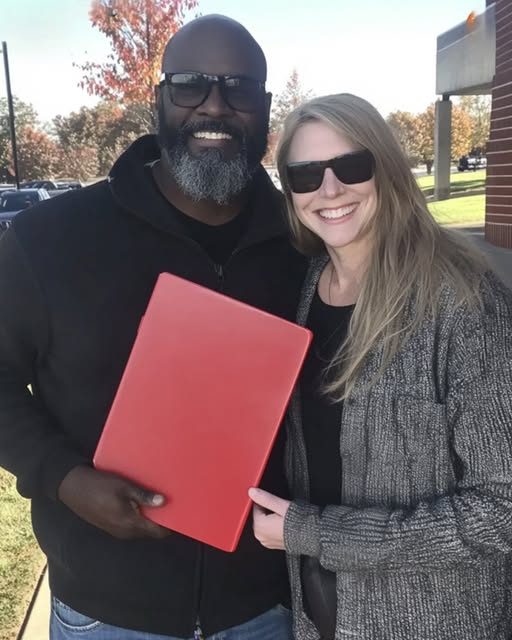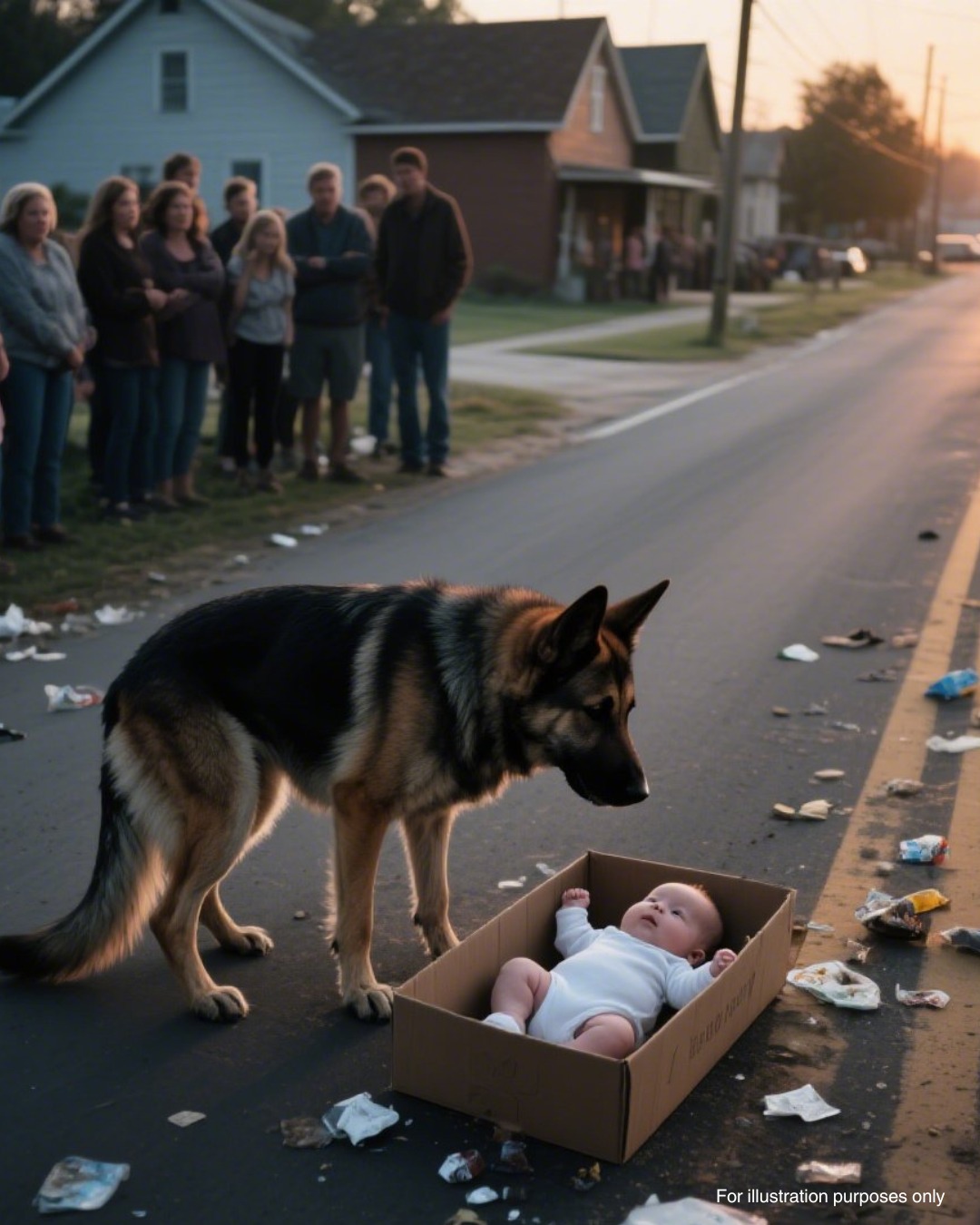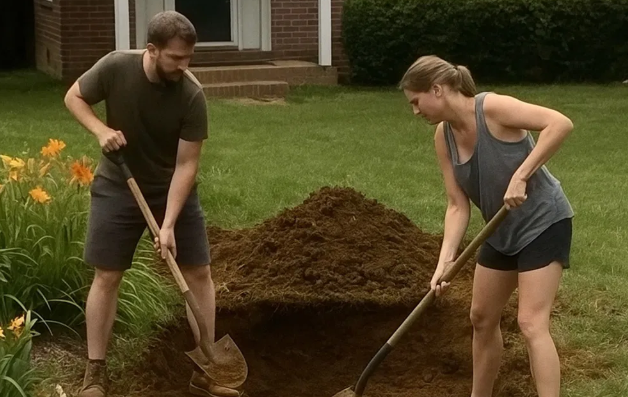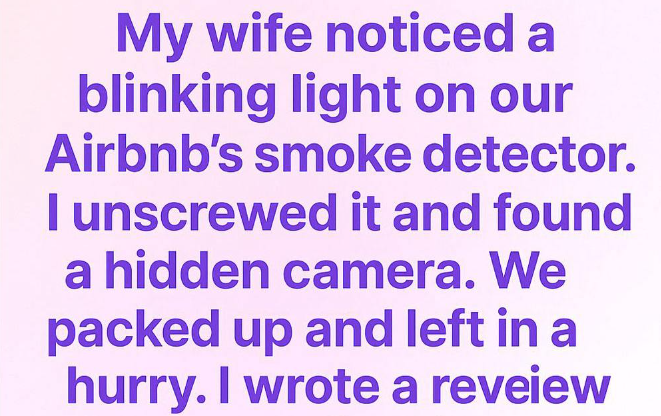One stormy October night, the wind howled down empty streets and rain poured in relentless sheets. Celia was driving home after a long shift at the diner, her eyes heavy with exhaustion. As she turned onto a narrow road, her headlights caught a figure huddled at a rundown bus stop. The man sat hunched over, soaked to the bone, his arms wrapped around himself in a vain attempt to stay warm.
Something in Celia told her to stop. Maybe it was the way he didn’t look up, as if hope had long abandoned him. Or maybe it was just instinct—the kind of quiet, persistent voice that speaks to the best part of us. She hesitated, her hand on the door handle. It wasn’t safe to bring a stranger home, she thought. But the image of him sitting there, shivering and alone, haunted her even as she tried to drive away.
Moments later, she turned the car around.
She offered the man—his name was James—a warm meal, a change of clothes from her late husband’s old wardrobe, and a dry place to sleep on the couch. He said little that night, except for a quiet “thank you” and a few words of disbelief at her generosity. His eyes were tired, but there was something sincere in them—something Celia couldn’t quite explain. The next morning, she gave him bus fare and some leftovers. As he stood in the doorway, James paused, looked her in the eye, and said, “One day, I’ll repay your kindness.”
Celia smiled, brushing it off. She hadn’t done it for thanks. Life moved on, as it does. She returned to her routine—early mornings at the diner, raising her son, paying bills, and trying to stretch every dollar. That stormy night became just another memory tucked away in a life filled with challenges and quiet victories. She thought of James from time to time, wondering if he’d found his way, but she never expected to hear from him again.
Twenty years slipped by.
It was a rainy afternoon—fittingly—when Celia heard a knock at the door. She opened it to find a man in a tailored coat, his hair now peppered with gray, but with eyes she somehow recognized. For a moment, she couldn’t speak. Then, as he smiled, it all came rushing back.
“James?” she whispered.
He nodded. “I told you I’d repay your kindness.”
Over tea in the kitchen, James shared the journey of the last two decades. That night at the bus stop had been a turning point. He had been homeless, jobless, and utterly lost, having fallen through every crack in the system. But Celia’s simple act of kindness—no judgment, no strings—had lit something in him he thought was gone. It reminded him he was still human. He found temporary shelter, picked up odd jobs, and slowly rebuilt his life.
He had eventually earned a degree, started his own small business, and then expanded it. More importantly, he had dedicated himself to helping others—creating a foundation that supported people facing homelessness and hardship. Each success, he said, traced back to that one night when a stranger chose compassion over fear.
Then he handed her a folder.
Inside was the deed to a new home. Paid in full. A beautiful, modest house near a park where her grandson could play, with space for the garden she always dreamed of. Celia stared at the papers, stunned.
“It’s not charity,” James said gently. “It’s a circle. You gave me hope when I had none. You showed me what it means to care. I’ve helped others because of you. And now, it’s your turn to receive.”
Tears welled in Celia’s eyes. She had never expected anything in return. But in that moment, she understood something profound: that one act of kindness—no matter how small—can ripple outward in ways we may never see.
That stormy October night had faded into the past, but its echo had shaped the course of two lives—and many more beyond. Kindness, freely given, had come full circle.
And in a world that often feels hurried and cold, that reminder glowed like a light in the storm.




